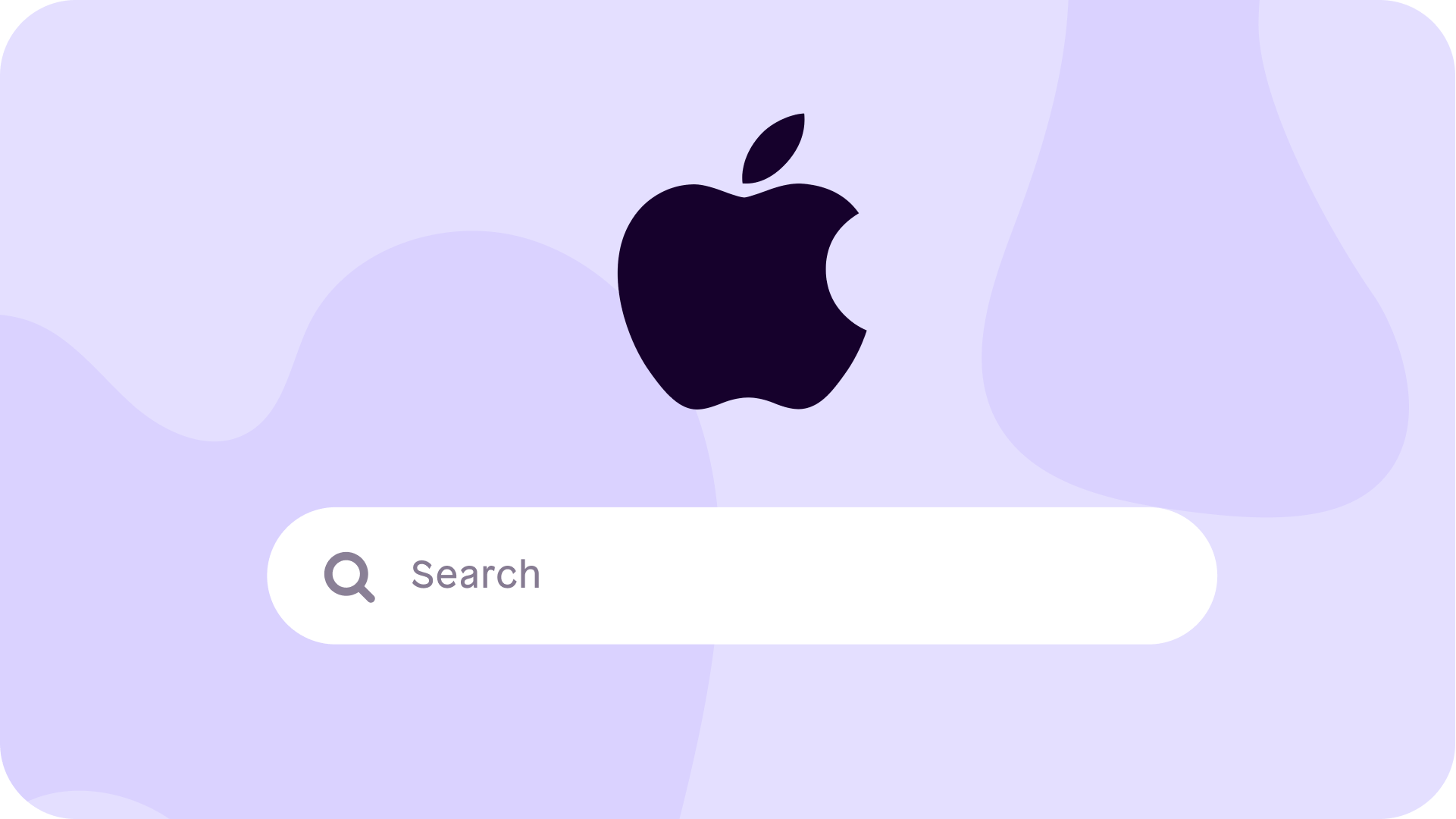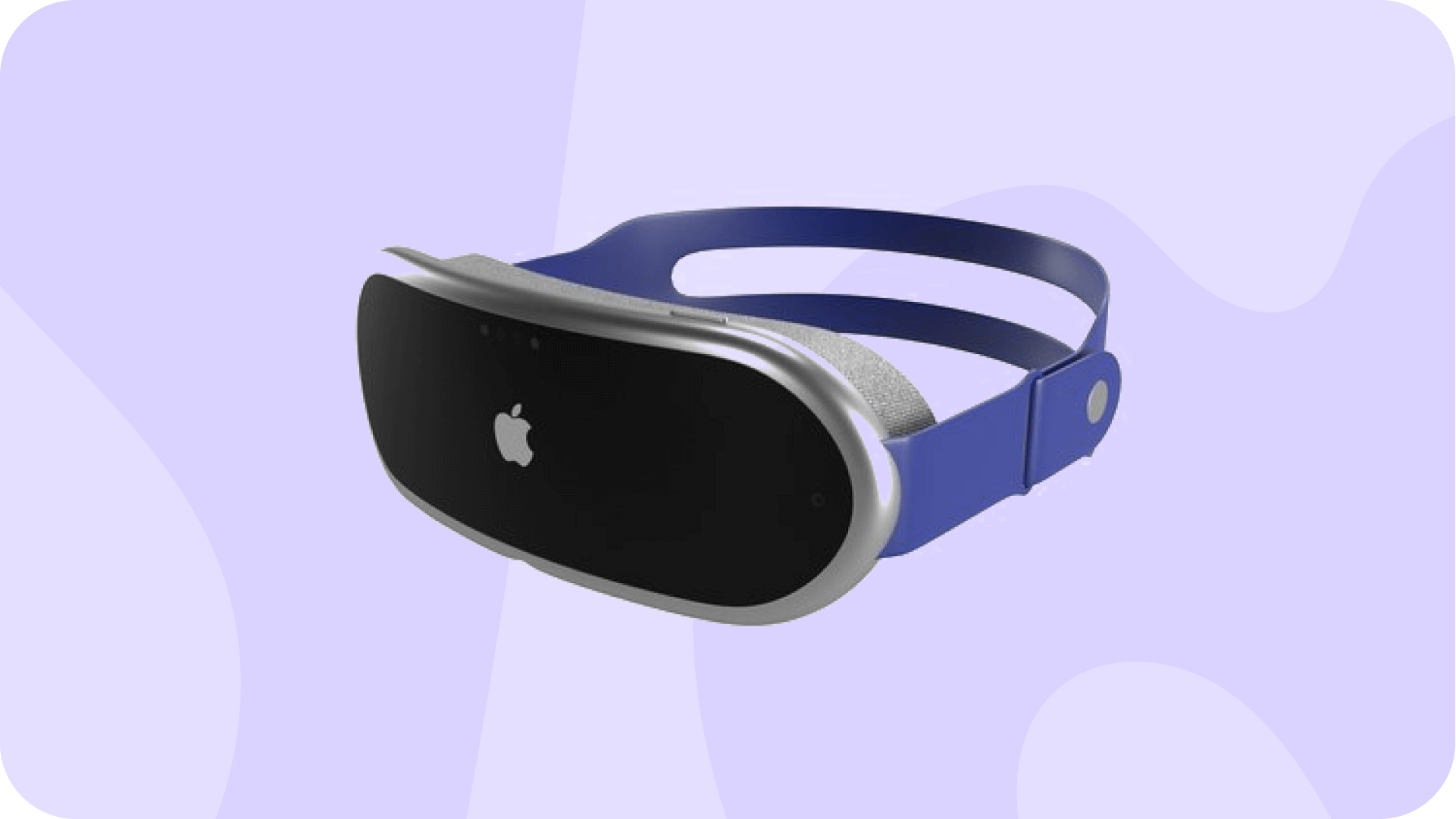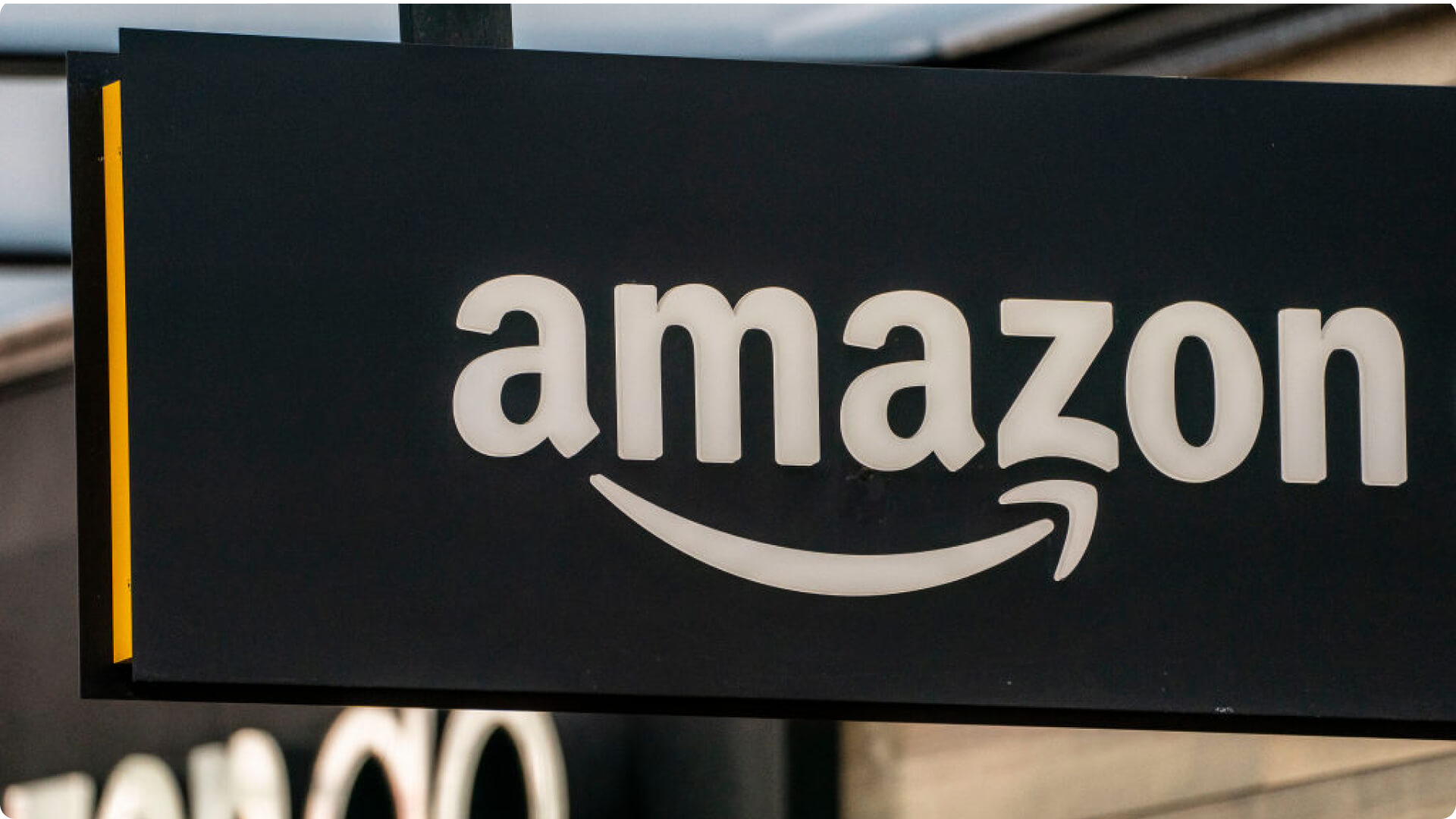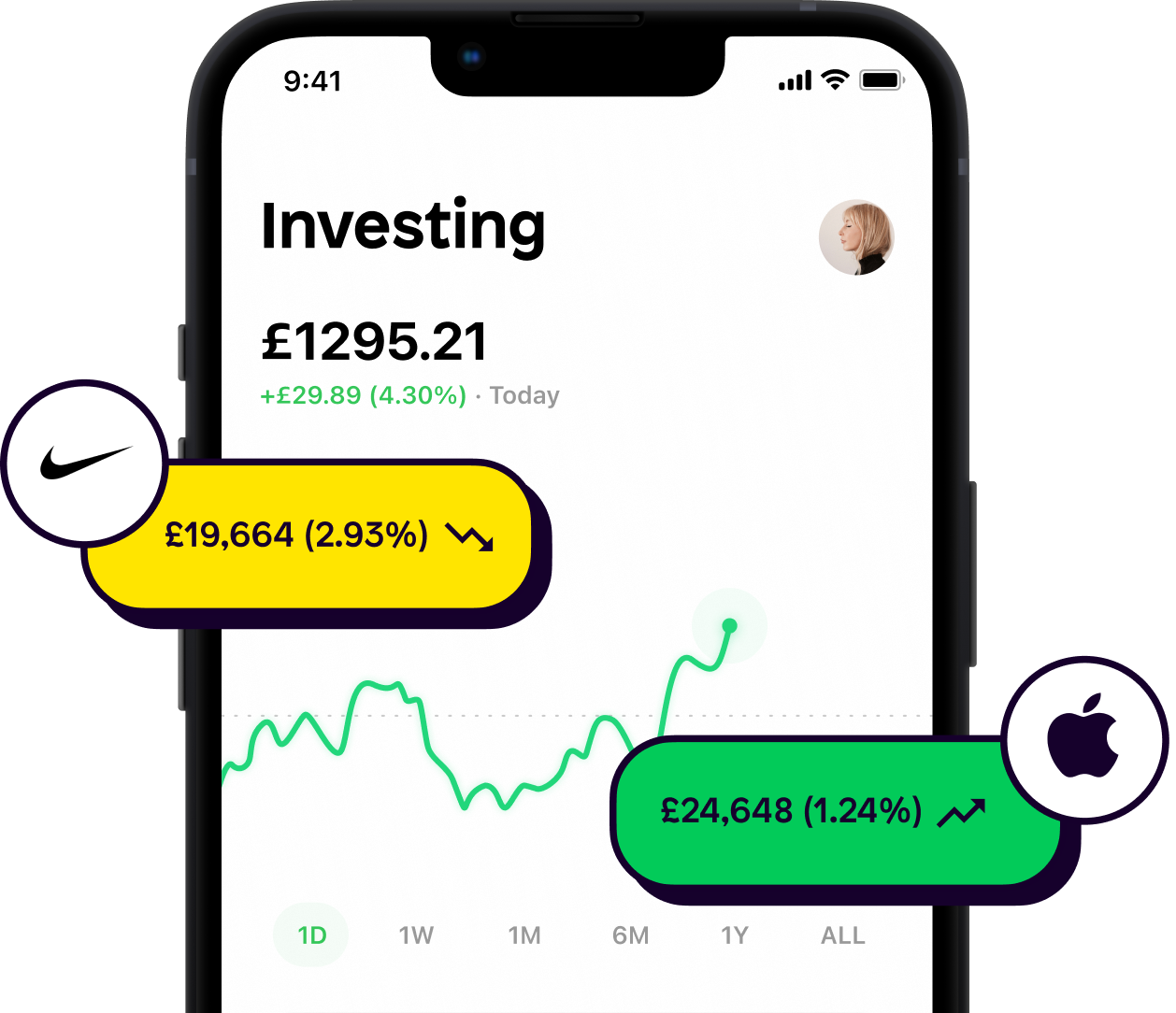iPhones, iPads, MacBooks and AirPods have become such consumer staples that it’s hard to go five minutes without seeing an Apple product. Heck, we even wrote this article on one, and there’s a good chance you’re reading it on one, too. 👀
But after conquering the world of digital devices, what’s next for this trillion-dollar fruit? How will Apple diversify to stop its stock turning sour and keep investors sweet? Let’s take a look. 👇
Search engine

In June 2022, rumours started to appear that Apple will launch a new user-centric web search engine, similar to Google's, in January 2023.
Now, this wasn’t the first time rumours of Apple creating a Google rival had surfaced. Back in 2020, it was reported that Apple was ramping up its own search engine just as Google was coming under intense scrutiny from antitrust authorities, who alleged the search leader was illegally dominating the digital advertising market.
Apple had hired Google’s Head of Search, John Giannnandrea, in 2018 and was openly recruiting search engineers, to the point where it had built a team capable of delivering a more general search engine.
But then things all went a bit quiet. 🤫
Now, Apple already has a search engine that powers Siri and Spotlight, so it wouldn't be a huge stretch for the company to expand into a full general search service.
However, if Apple does go ahead with its plans, it will likely lose out on a great deal of moolah. It was previously reported that Google expected to pay Apple a juicy $15 billion(!) over the course of 2021, to remain as the default search engine on iOS. If that figure’s correct, that one deal was worth the equivalent of 15% to 20% of Apple's annual profits in 2020. 🤯
Apple is one of the few companies with the resources to take on Google. With a market cap (that’s overall value, for those who weren’t sure) of nearly $3 trillion and around $200 billion of cash in hand, the company can not only turn down $15 billion from Google but also invest in the server infrastructure required to create a competitive search engine.
An Apple search engine would almost certainly have one massive USP: increased user privacy.
Apple has made great efforts to distance itself from rivals in recent years by insisting that “privacy is a fundamental human right” and “one of our core values” (pun intended, hopefully). Unlike Google, Apple may attempt to build a search engine that doesn’t store personal information or track users across the web. You wonder why we settled for anything else!
Self-driving car

Apple’s push to expand its product fleet has seen it accelerate (😉) the development of its electric car. The company’s electric vehicle (EV) project, codenamed “Titan”, has been in the works since 2014, but details have been pretty few and far between. 🤷
However, news broke in 2021 that Apple was refocusing the project around a car with full self-driving capabilities, and was targeting a launch in 2025. That’s obviously dependent on the company’s ability to successfully develop the self-driving system – an ambitious task at best within that timeframe.
By attempting to master self-driving cars, Apple is chasing a holy grail within the industry. Tech and auto giants have spent years on autonomous vehicles, but never quite been able to nail the technology.
Tesla, the market leader in EVs, is still probably years away from offering fully autonomous cars. Alphabet (aka Google) has suffered a huge staff exodus while trying to develop its Waymo vehicles. And Uber Technologies agreed to sell off its autonomous-driving division in 2020, two years after one of its test cars tragically hit and killed a pedestrian.
If Apple can get a jump on the competition, it could give the company an exceptional boost, and significantly weaken Tesla’s stranglehold on the EV industry.
However, it’s said some people working on the project are sceptical about the timeline even with recent progress – such as the car’s underlying self-driving system, processor chips and advanced sensors. If Apple’s unable to deliver on a 2025 launch, it could either delay the release or potentially sell a car with limited self-driving capabilities.
EVs have received considerable investor backing since mid-2020, when governments, policymakers and businesses announced plans to invest in the industry to tackle climate change. 🔥🌍 This helped Tesla’s CEO, Elon Musk, become the world’s richest man, and supercharged the stock prices of unproven challenger companies, such as Lucid and Rivian.
Augmented/Virtual Reality

While rumours of Apple’s AR/VR headset have been floating around for years, things have really started to heat up recently.
In May 2022, there were reports that Apple was showing off its mixed-reality headset to executives and the board of directors, suggesting a release was imminent. Word on the grapevine (or Applevine, if you will) is that it could now arrive as early as January 2023. 😃
Apple’s headset is expected to be like a typical VR headset, but with a number of exterior cameras and sensors that unlock additional functionality. That way it can offer body-tracking, and incorporate real-world environments in a virtual space. Imagine being able to type in the air with a virtual keyboard – it’s that kinda thing.
However, while the Apple headset will be designed for short trips into VR, it apparently won’t be jumping on the 'metaverse' bandwagon like so many others. In fact, Apple is said to have declared the metaverse strictly "off limits". Users will be able to use the mixed-reality headset for communication, content viewing and gaming, but it’s not designed to be a device you wear all day, or as a substitute for real life.
And we should note, Apple's VR/AR headset is separate from its rumoured Apple Glasses, which, as the name suggests, are purely augmented reality and supposed to offer an "optical see-through AR experience”. (Um, your guess is as good as ours on that one!)
Now, one thing that might hamper any uptake on the Apple headset is the pricey price tag. 💰
Famous Apple analyst Ming-Chi Kuo posted on Twitter that the headset will cost anywhere from $2,000 to $2,500 when it arrives. That’s definitely punchy, especially considering that its competitors have much cheaper offerings on the market already. For some context, the Meta Quest 2 sells for $399, the HP Reverb stands at $599, while the Vive Focus goes for $1,300.
So, what do you reckon folks? Will these plans bear fruit for Apple, or are they rotten to the core? 🍏
Join us!
Ready to join the Shares community? Download the app now.
As with all investing, your capital is at risk.
Shares is a trading name of Shares App ltd. Shares App Ltd is an appointed representative of RiskSave Technologies Ltd, which is authorised and regulated by the Financial Conduct Authority.













